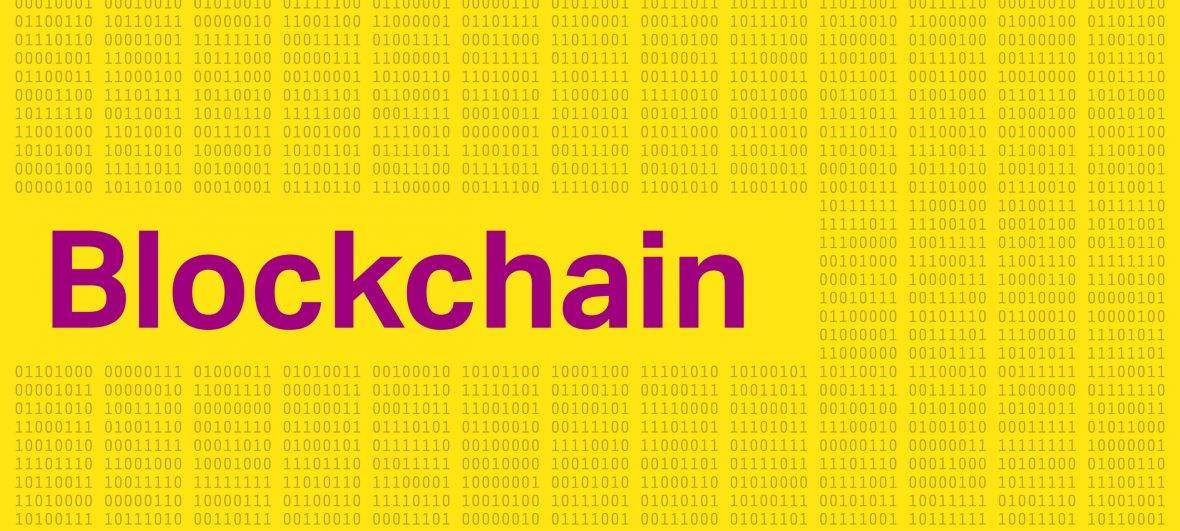Whilst the acquisition of property using virtual currency such as Bitcoin still seems like a far-fetched concept, commercial real estate could be on the verge of adopting peer-to-peer cryptographic technology in the form of blockchain.
Delivering trust
In essence, blockchain is a database that allows people and organisations, who may not trust or indeed know one another, to share a set of verified, time-stamped records, typically financial. Trust delivered by way of cryptography.
Blockchain records who exactly acted in a particular way, and when. It provides a means of comprehensively tracking and ensuring the accuracy of information and can bring considerable value to procedures such as the registry of ownership title.
Financial peace of mind
Imagine a world where the details of every office rental payment could be checked at the click of a button – the peace-of-mind, and power, of having a verified, accurate history of a property’s Net Operating Income since its first day of operation; a transparent, unchallengeable understanding of financial performance.
Blockchain could also have the potential to deliver highly efficient investment valuations using anonymised, comparable data. Complex, independent property valuations could become the exception rather than the norm, with elaborate financial due diligence and valuation procedures being replaced by a simple blockchain ledger.
There is considerable support for the theory that blockchain could also eventually deliver incremental gains in property values. The power of blockchain’s cryptographic technology to preserve history has the potential to significantly drive down transaction costs and even add transparency to the property sales process.
Operational efficiency
Allowing every operational transaction to be time-stamped, verified and allocated between tenants automatically, a live Service Charge reconciliation 365 days a year, 24 hours a day, all at the click of a mouse, is a powerful promise.
And blockchain is also revolutionizing physical access control systems by offering access via GPS enabled smartphones. This provides an unquestionable audit trail across worldwide property portfolios, accurately recording who was where, and when – letting the right people into the right locations.
Embracing the future
Blockchain is a very different way of doing things, it is about self-enforcement and diversifying trust. It’s about transparency and speed, a relentless drive for efficiency. Whether the change is driven by the regulators, financial institutions or asset managers themselves, ultimately, the commercial property world needs to ask whether it can afford not to embrace this change. With the promise of blockchain, the bricks-and-mortar world of commercial property could, finally, embrace the full power of our newly connected world.
How blockchain works?

